TUI Travel and Tourism Report: Economic, Social, Environmental Impacts
VerifiedAdded on 2020/06/06
|25
|3031
|92
Report
AI Summary
This report provides a detailed analysis of TUI, a prominent multinational travel and tourism company. It begins with an introduction to the travel and tourism industry and TUI's role within it, highlighting its commitment to customer satisfaction and key historical developments. The report then delves into the implications of political changes on the travel and tourism sector, examining how factors like political unrest and strikes can impact tourism. It also explores the factors affecting tourism demand, including economic and demographic changes, technological advancements, and customer attitudes. Furthermore, the report discusses how supply has changed to meet the effects of demand, considering seasonal variations and different types of demand. Finally, the report analyzes the positive and negative economic, environmental, and social impacts of tourism, offering strategies to minimize negative impacts and maximize positive ones, with a focus on government regulations and company policies. This report aims to provide a comprehensive overview of TUI's operations and its interaction with various factors influencing the travel and tourism industry.
1 out of 25
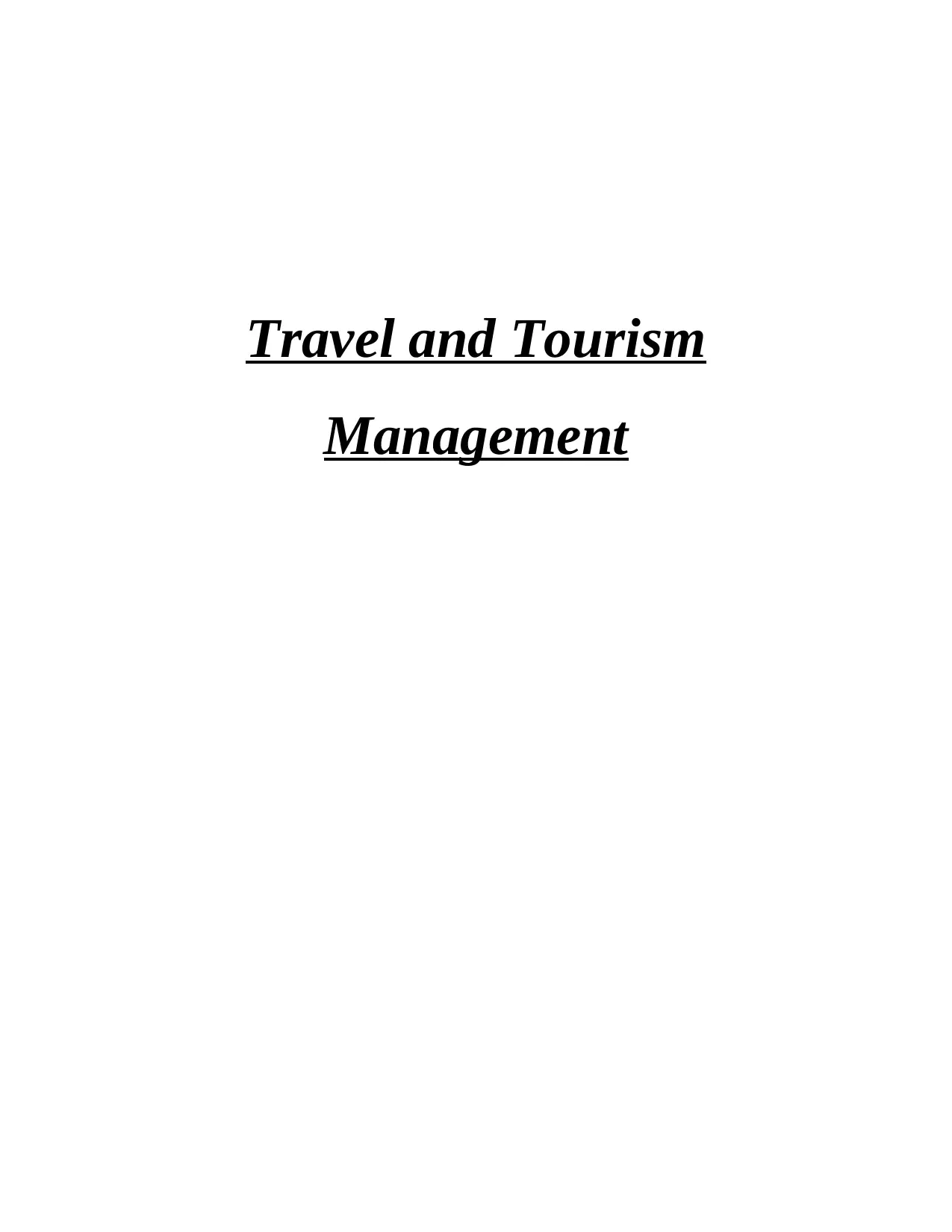
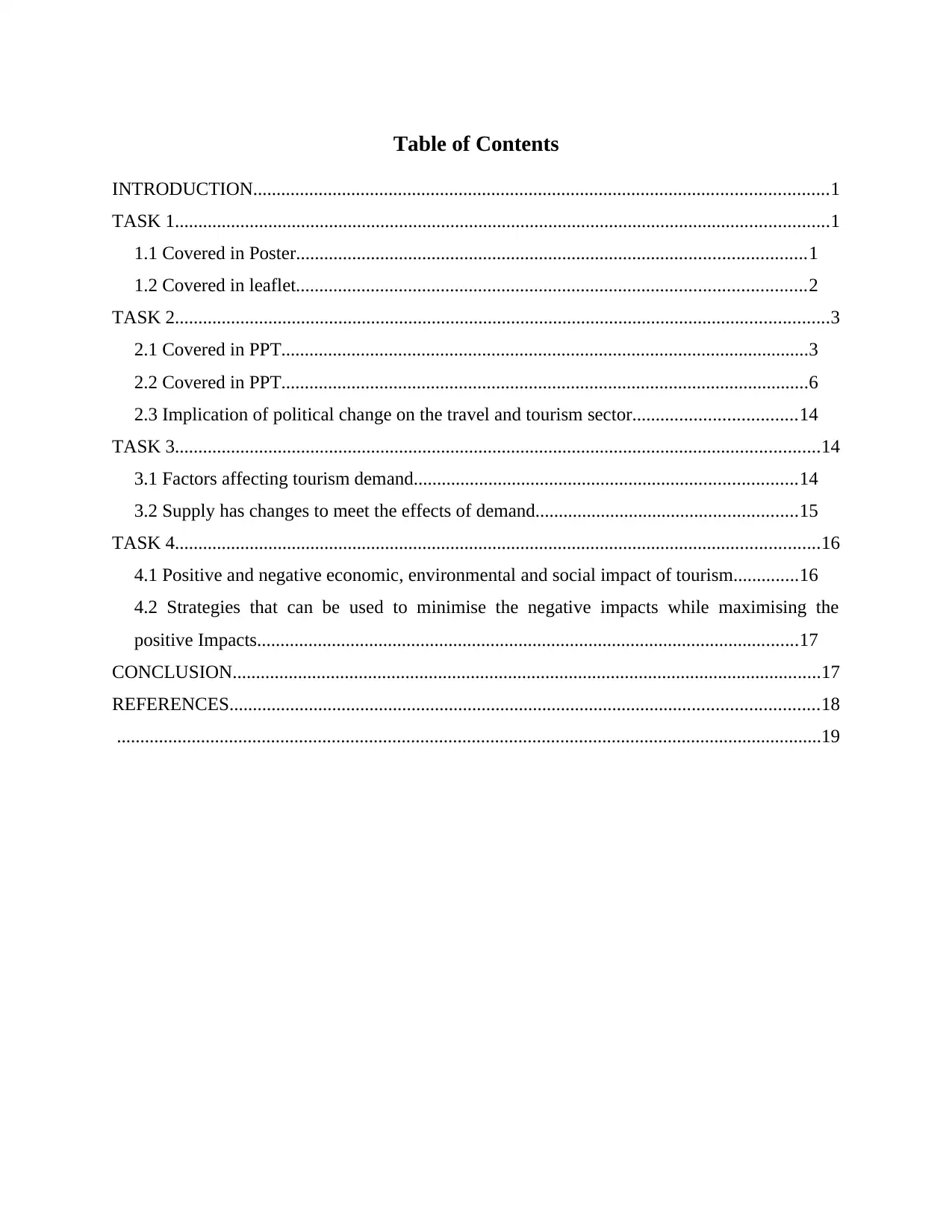
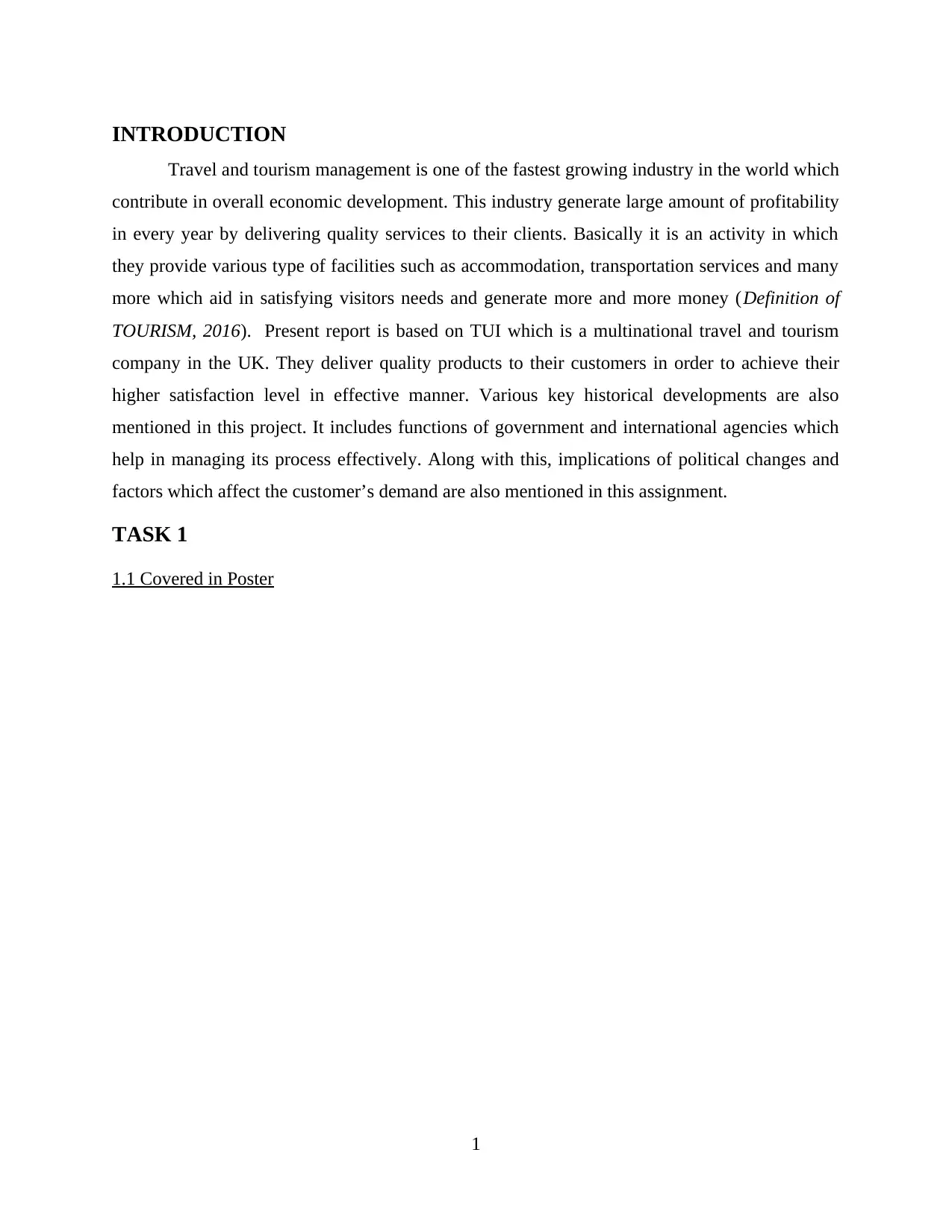

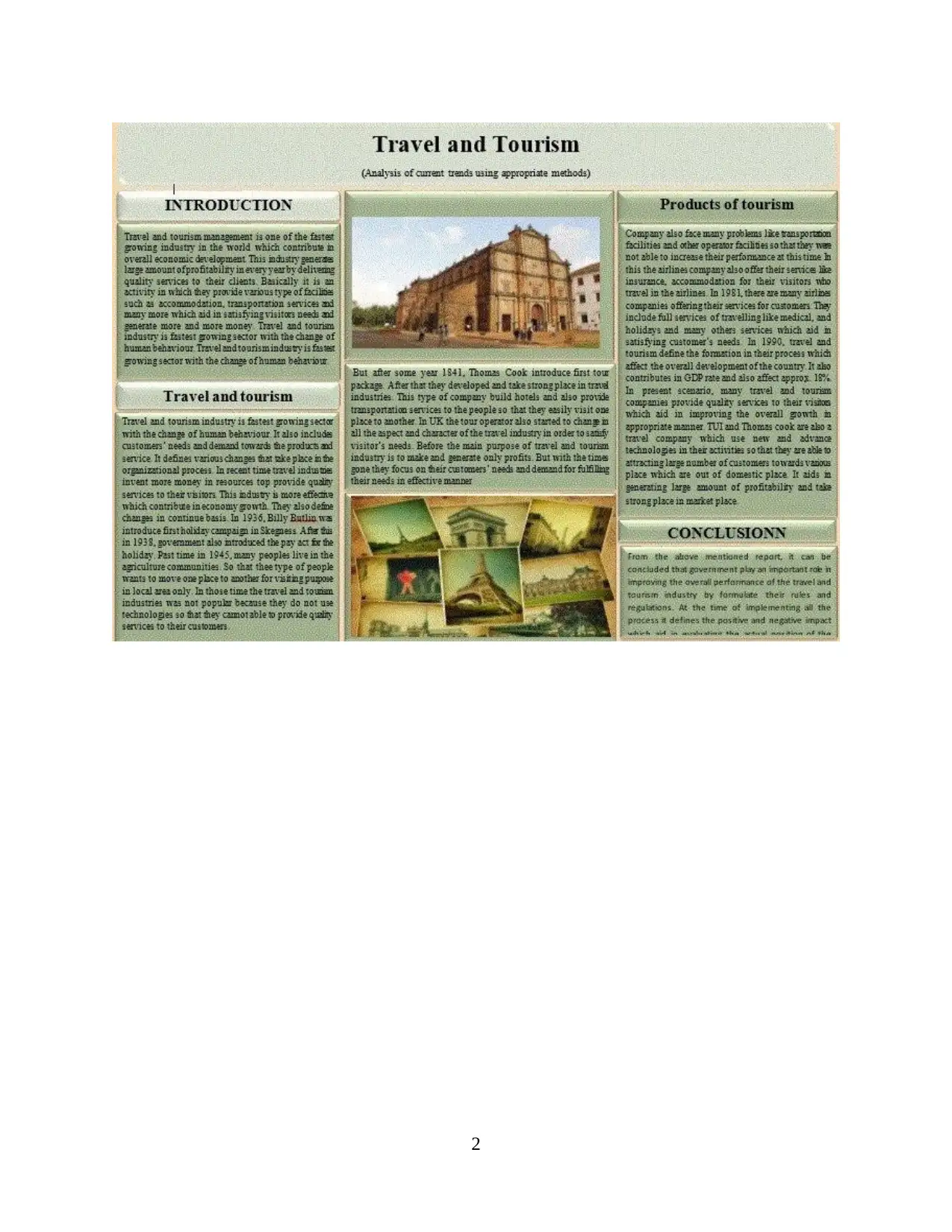
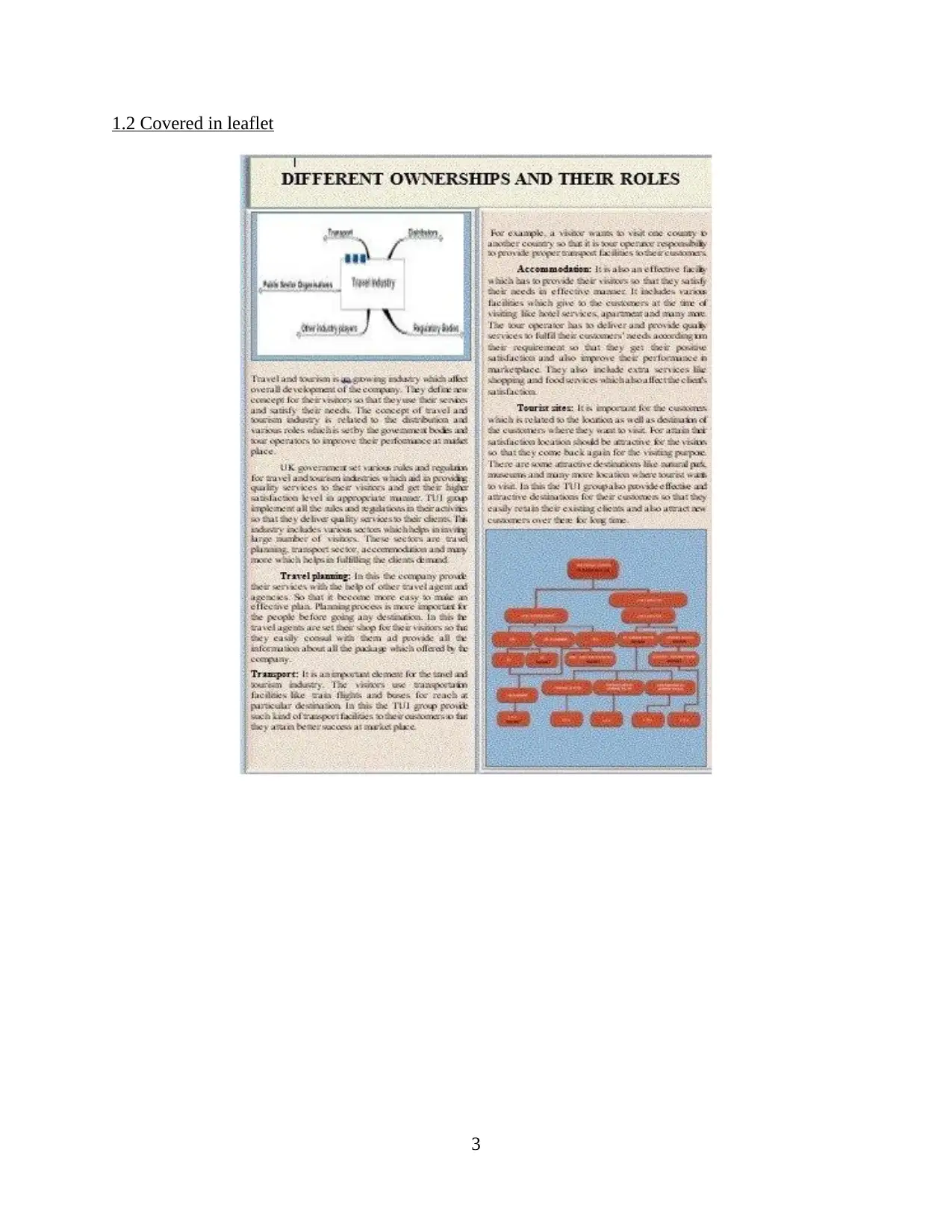
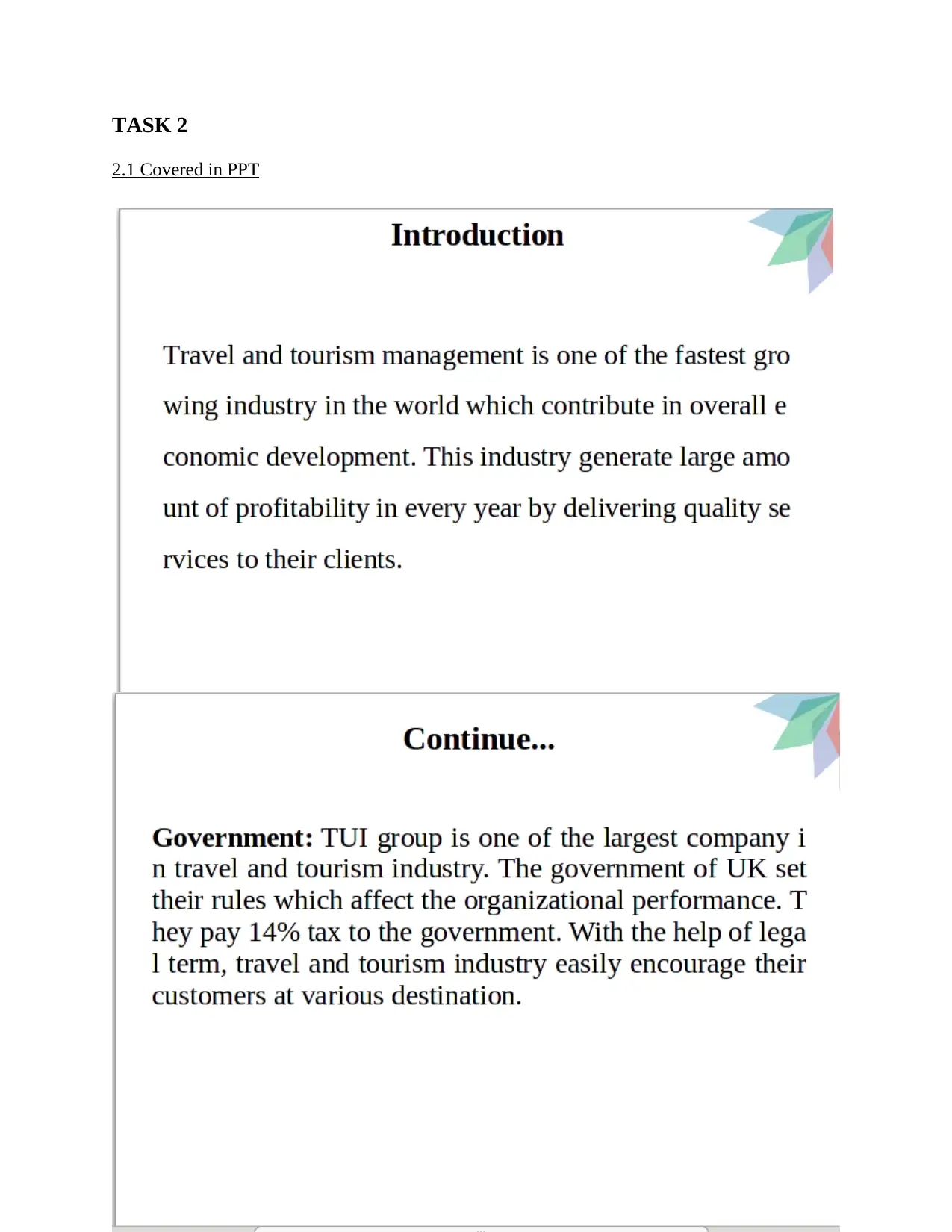
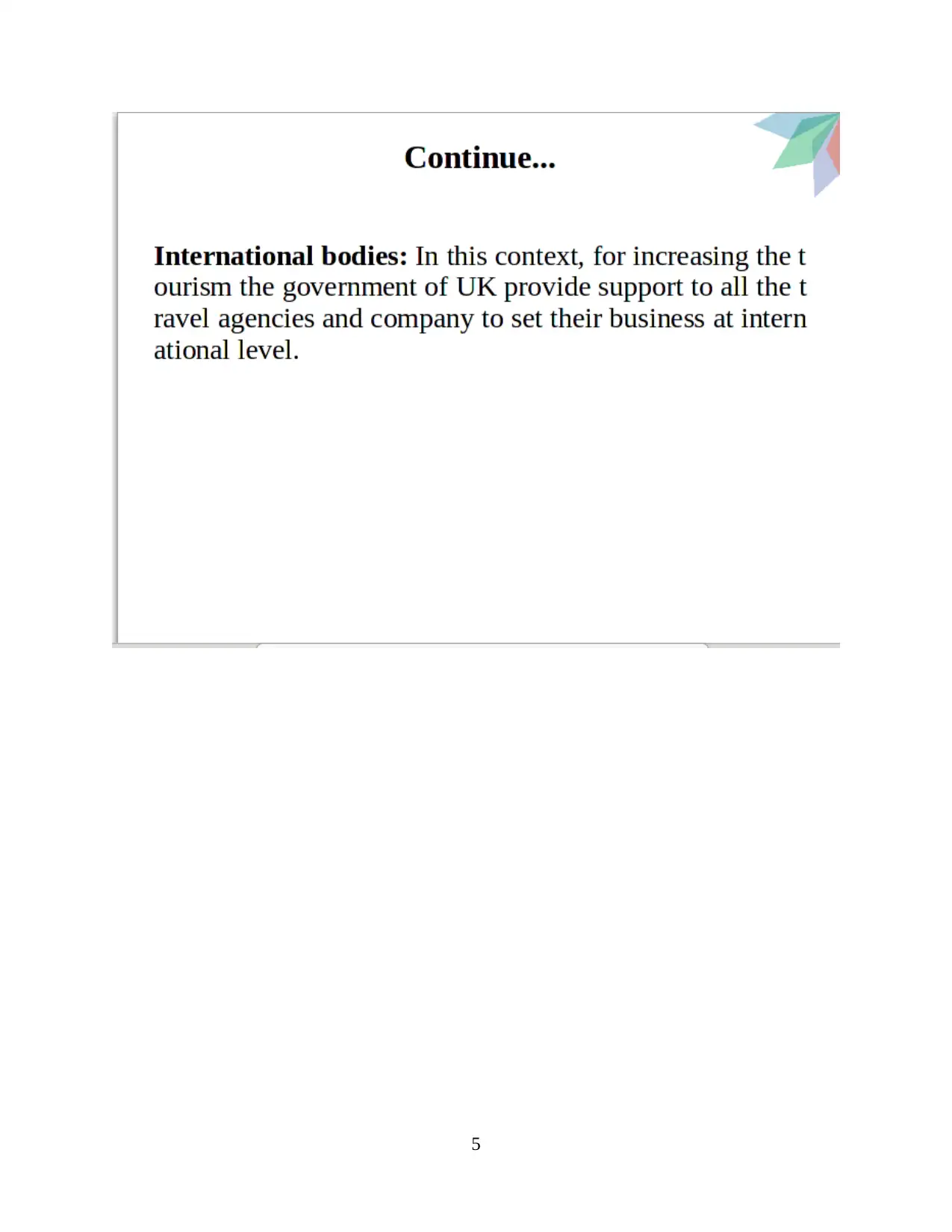
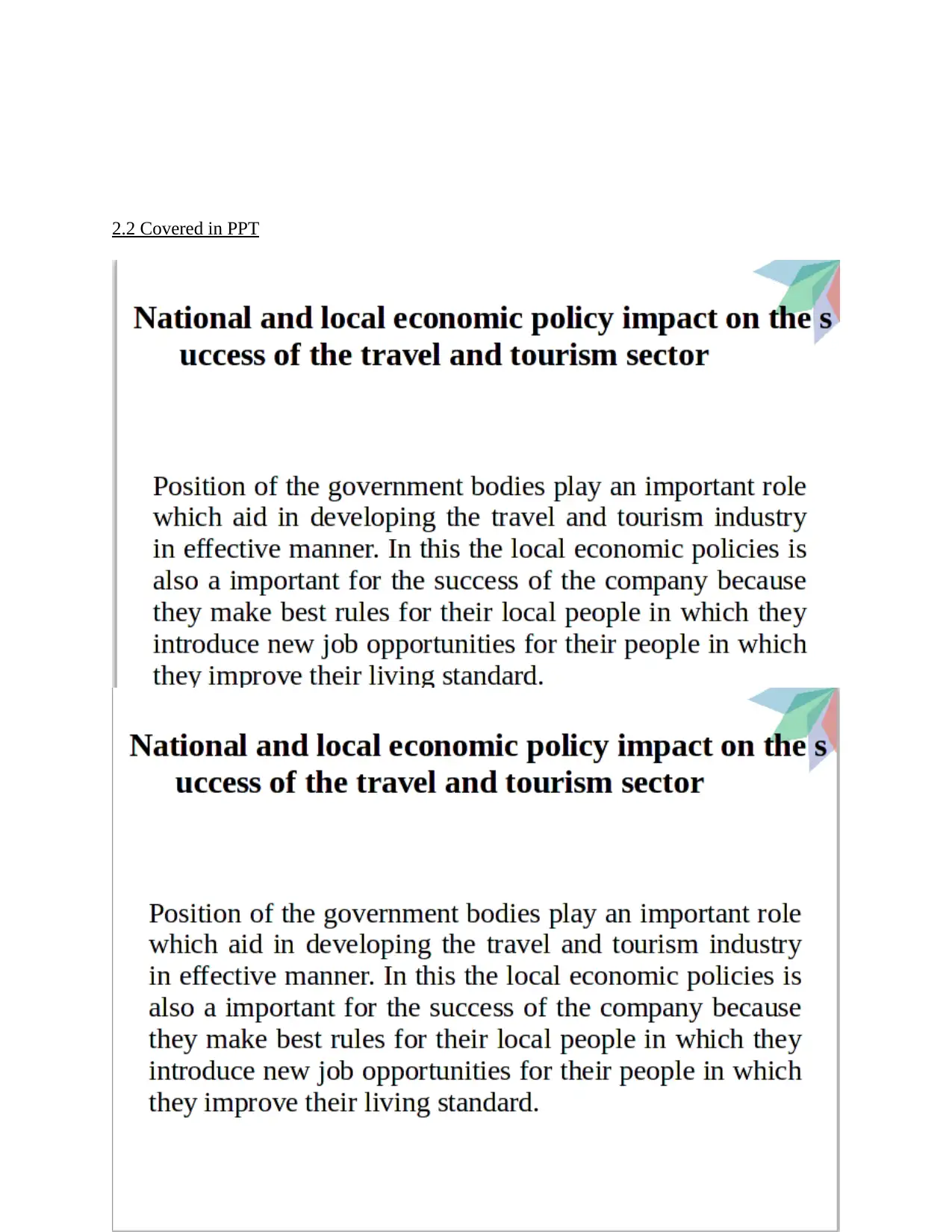

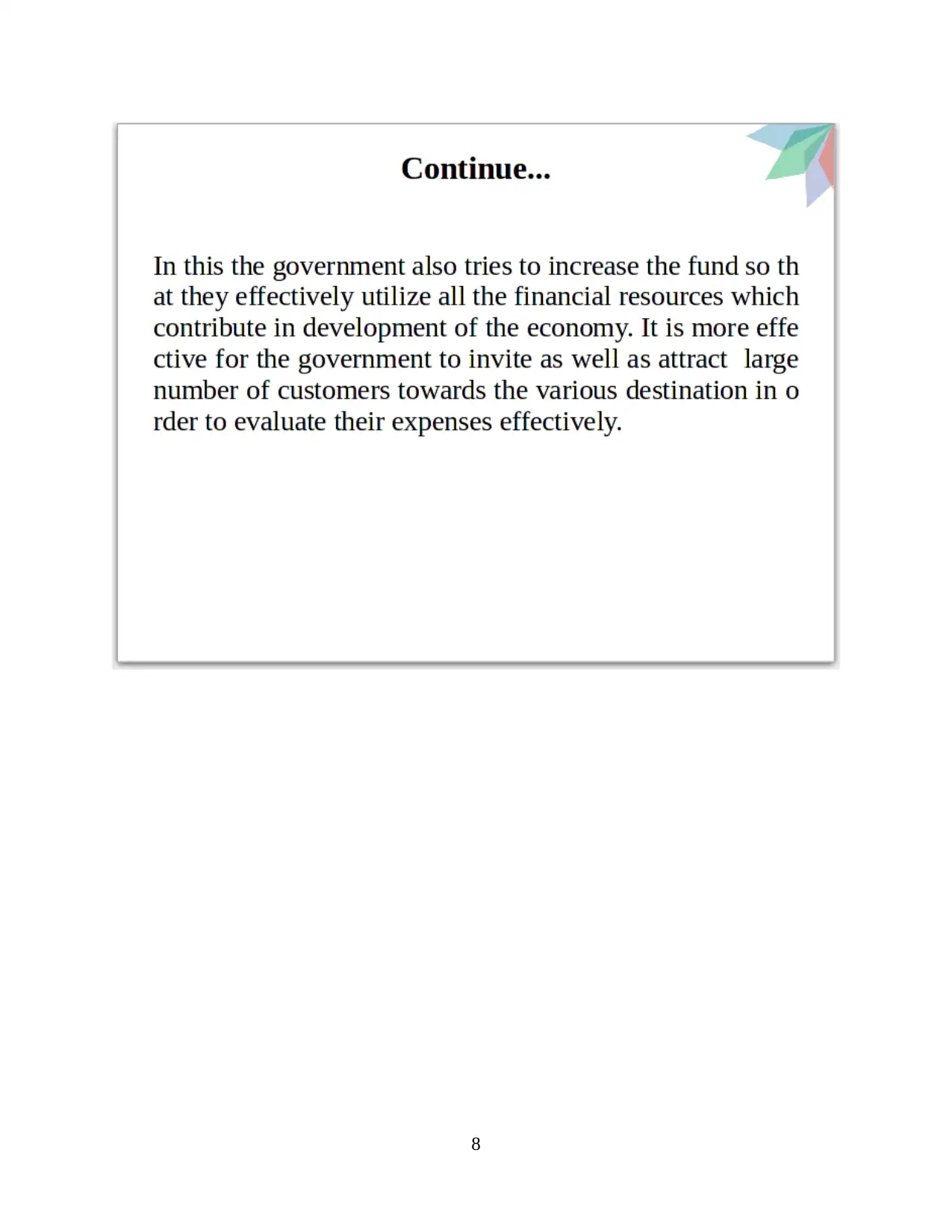

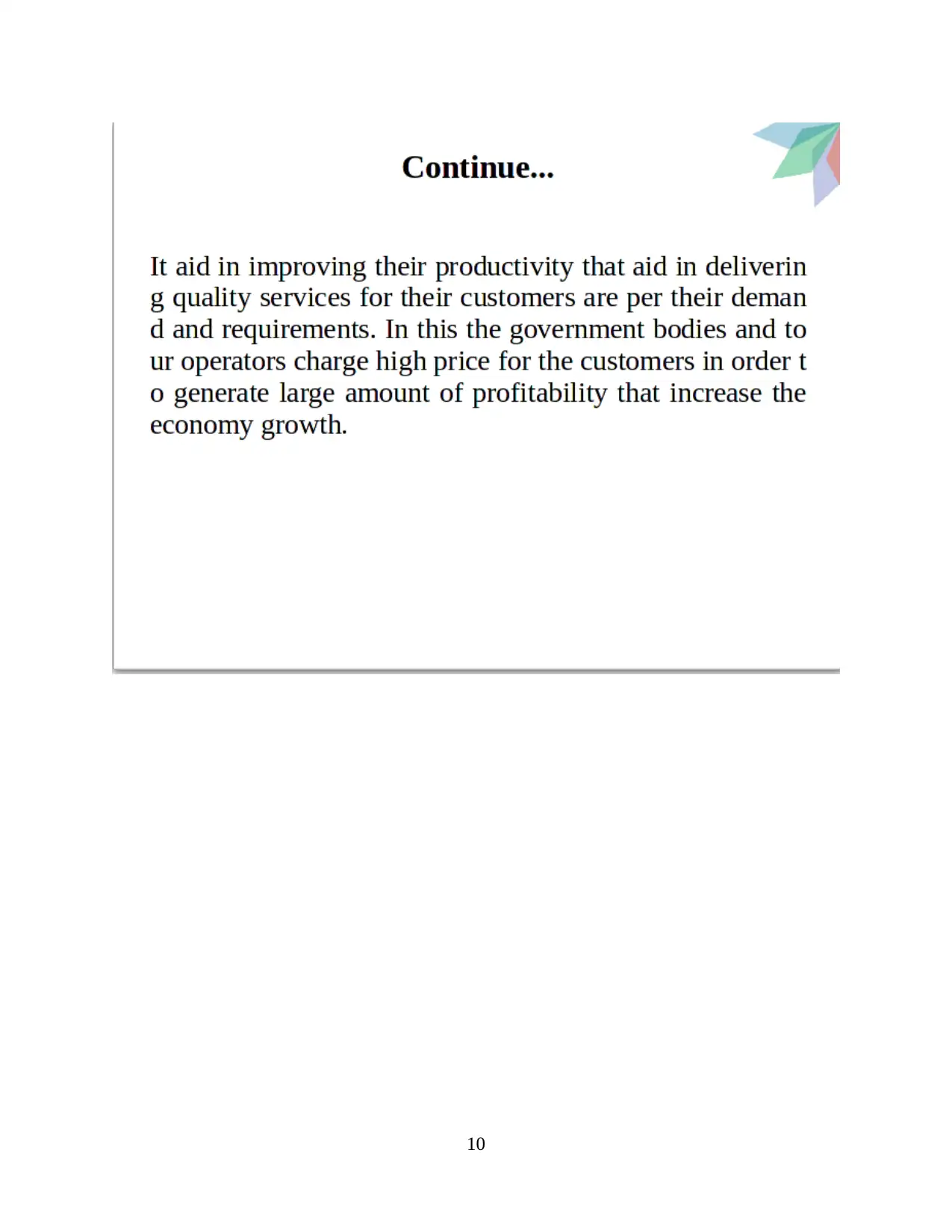





![[object Object]](/_next/static/media/star-bottom.7253800d.svg)